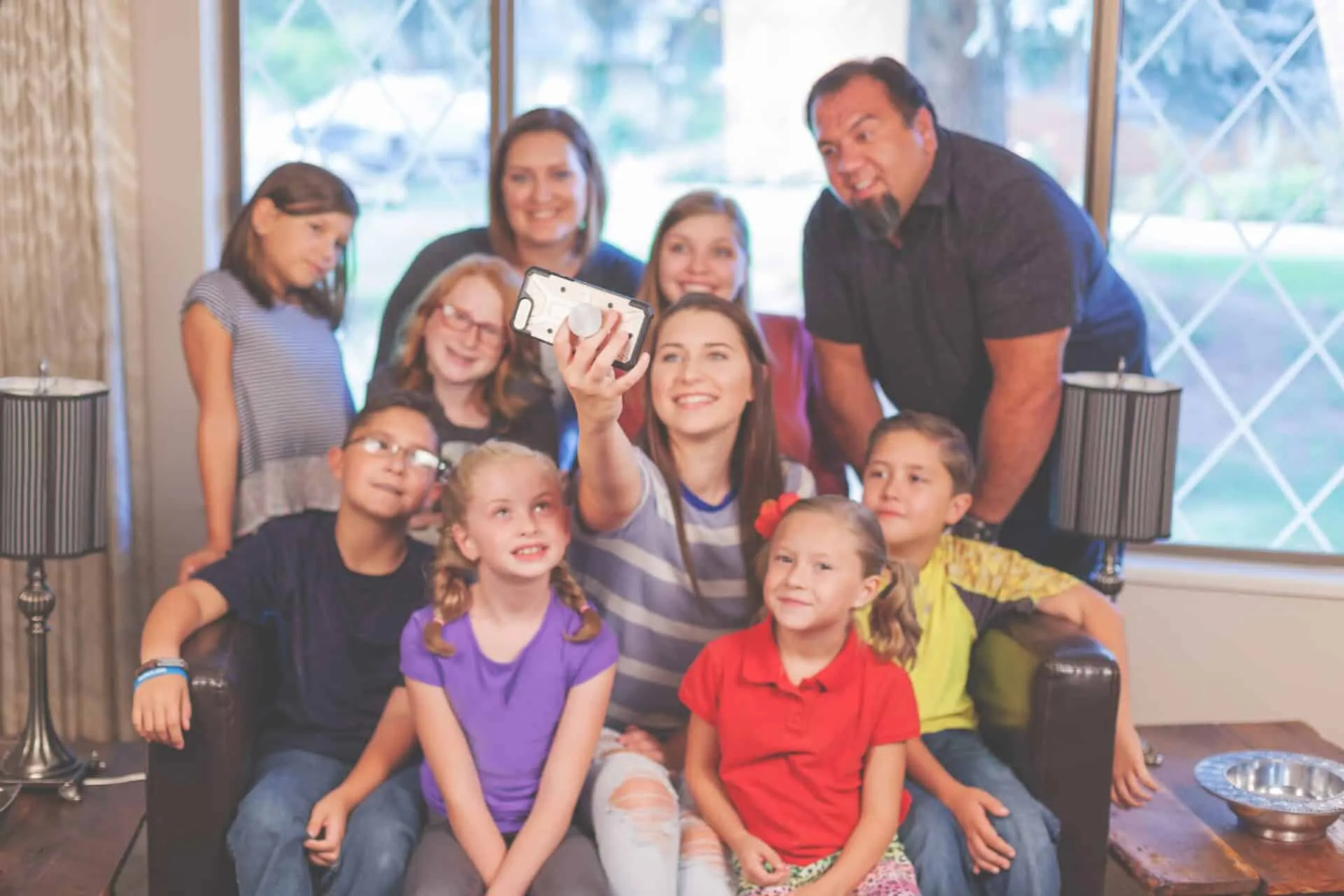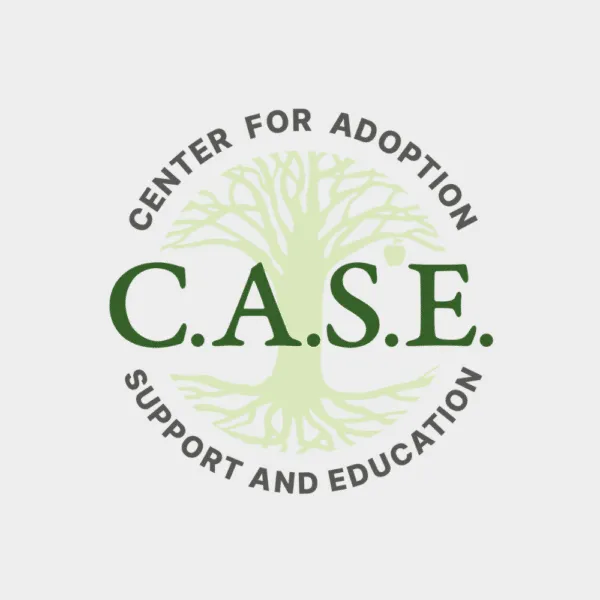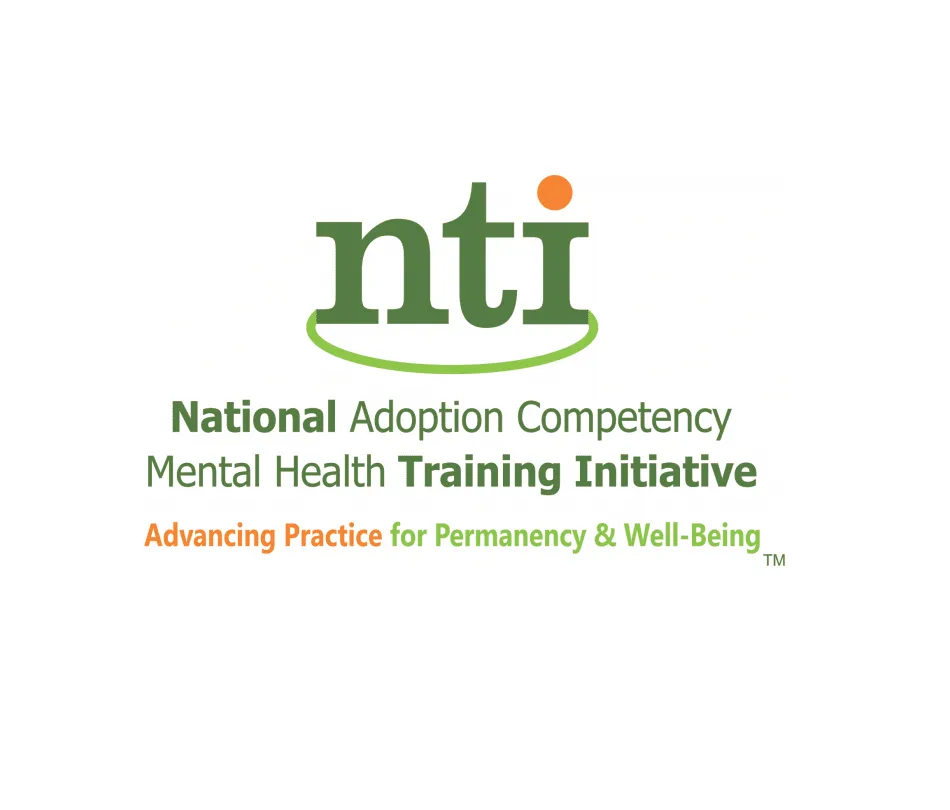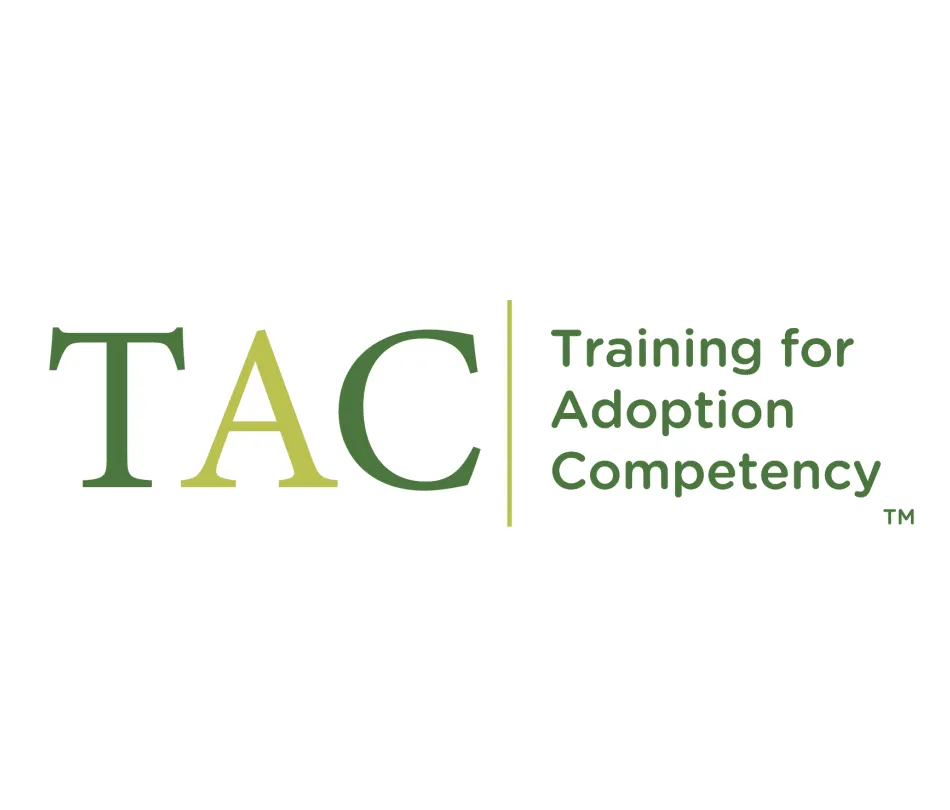Supporting Foster Parents through Their Loss and Grief
Supporting Foster Parents through Their Loss and Grief

Kenisha’s Story
Kenisha had been caring for Patsy, now three years old, since the child came into foster care 18 months ago. Patsy’s birth mother had drug addiction, which caused her to neglect her child. A first-time foster parent, Kenisha fell in love with Patsy and wanted to adopt her. Because Patsy’s birth mother had not consistently showed for scheduled visits with her daughter, Kenisha and the caseworkers believed that the plan for Patsy would ultimately be for adoption. However, the birth mother had sought and successfully completed drug treatment after realizing that she was about to lose her daughter. At the court hearing, the judge was impressed with the birth mother’s progress and the plan was changed to reunification. A very devastated Kenisha was now expected to support and cooperate with the birth parent visitation schedule. Kenisha was overwhelmed with grief.
Much has been written about the loss and grief experiences of children in the foster care system. Every child in foster care has a trauma history that may include neglect, abuse, abandonment, and other compromised situations. And every child in foster care has experienced the additional trauma of removal from birth family. For many of these children, foster care leads to permanent losses-loss of the opportunity to live safely within their family, loss of connections with siblings and extended family, and loss of their community. For others, the loss is ‘ambiguous’ as attempts are made at reunification-as birth parents are given the opportunity to make changes necessary to regain custody of their children. When such attempts fail, court battles can ensue for years as birth parents strive to prevent the termination of their parental rights. The ambiguity itself is its own trauma.
Unless foster parents (also referred to as resource parents) plan to adopt the child in their care and are successful in doing so, they too suffer from tremendous feelings of loss and grief. The training foster parents receive is essential to prepare them for this unique parenting experience. Nurturing someone else’s child for an indeterminate amount of time-often for years-is a skill that requires incredible strength, patience, commitment, determination, and resilience. To attach to a child that you will likely need to relinquish to other parents is counter-intuitive. But wonderful foster parents do this every day in the service of providing hurt children a temporary but loving safe haven.
The ‘job’ of foster parenting requires knowledge of normative stages of child development, and an understanding of how trauma impacts children emotionally and physically. For example, a foster parent would know to expect certain behaviors from a school-age child who was sexually abused. The child may be fearful about being touched or confused about appropriate boundaries. The child might also act out in a sexualized manner that is unusual for their age. In short, foster parents witness a wide range of emotional expression and behaviors on the part of the children in their care that is very much outside the norm. Experienced foster parents expect and know how to address difficult or unusual behaviors in an instructive, non-shaming way. And they hone skills that help them engage children who have an extreme distrust of adults.
First-time foster parents may find themselves overwhelmed by feelings of loss the day that the social worker informs them that their foster child will be moving, perhaps back to birth family, perhaps to an adoptive family. Such a reaction can be a triggering of unresolved or complicated grief from prior personal losses. Foster parents need to allow themselves time to grieve and process the loss of one foster child before they accept another child into their home. They will need to develop their own grieving rituals and create a supportive network of people who understand that the loss of a foster child is not ‘just part of their job.’
Many factors influence the agency decision to move a child, and foster parents often have strong feelings about those moves. Foster parents may also have various questions, such as, ‘How do I show my sad feelings without alarming the child and undercutting the placement? Can I know who the child is going to? Why was the decision made to place the child with that particular family?’ In most agencies, there is a team approach to fostering-agency social workers, attorneys, foster parents, birth parents, and therapists are invited to give input. However, in locations where the professional team approach to fostering is not standard practice, foster parents are at risk for feeling marginalized by their agency. Expecting to have input regarding ‘the best interests of the child,’ foster parents may feel disrespected and powerless if they are excluded from sharing their opinions at court, school, or agency meetings, or if their input is devalued. Such treatment can diminish a foster parent’s confidence and sense of competence in their parenting role. it can also cause resentment and undermine the foster parent’s relationship with the agency.
Understandably, in cases of concurrent planning, where two goals are pursued simultaneously-reunification (return to birth family) as the preferred option and adoption as the back-up option-foster parents hoping to be able to adopt their foster children feel enormous anxiety. Birth parents may make significant improvements to meet the goals set to have their children returned; or the court may continue to allow for the possibility of reunification, with increased visitation between birth family members and the children. In these situations, the foster parents are asked to put aside their own wishes for adoption and may be expected to become more involved with the birth parents in support of this new goal.
Coping with the uncertainty of the future and the lack of control over whether they will be able to adopt their foster child is no easy task. Foster parents need to be allowed to process their feelings of helplessness and fear, and allowed to hold onto their optimism and dreams. Social workers need to be prepared to respond with patience and sensitivity to foster parents, whose anxiety and concern for their foster child may be expressed as challenging the worker’s or the agency’s decisions. Ideally, workers would understand how painful this process can be for foster parents and communicate empathy rather than becoming defensive or dismissive.
Should reunification happen, foster parents may experience devastating grief. Foster parents need and deserve the support of all involved to grieve their loss. Foster parent groups can be very helpful. Agency social workers need to play an active role in assisting them with the grief process by referring the foster parent to skilled therapists trained in adoption competency who specialize in loss and grief. Workers under pressure to find placements may be tempted to ask a grieving foster parent to accept another child into their home. However, the best practice is to not offer a placement until foster parents communicate that they are ready.
Kenisha’s Story
In therapy, Kenisha was encouraged to move beyond her only identified feeling of anger to express the sadness and pain she was experiencing. She was encouraged to focus on self-care by paying attention to her need for time alone to cry. Over time, Kenisha was able to adjust to losing Patsy. While Patsy would always have a special place in her heart, Kenisha came to believe that she would be able to love another child.
Loss and grief are an integral part of the experience of foster parenting. Helping foster parents acknowledge, express, and manage these powerful emotions in a healthy way is important for their well-being, as well as for the children in their care. Children learn from adults how to grieve, how to acknowledge their losses, and how to honor their feelings. Foster parents are often the first teachers of healthy expression of emotions for abused and neglected children. To support the grieving children in their care, they must receive understanding and support for their grief.
Learn more about the unique challenges of adoption and foster care, and read about what adoption-competency really means.
Written by Madeleine Krebs, LCSW-C, C.A.S.E. Consultant and Trainer












